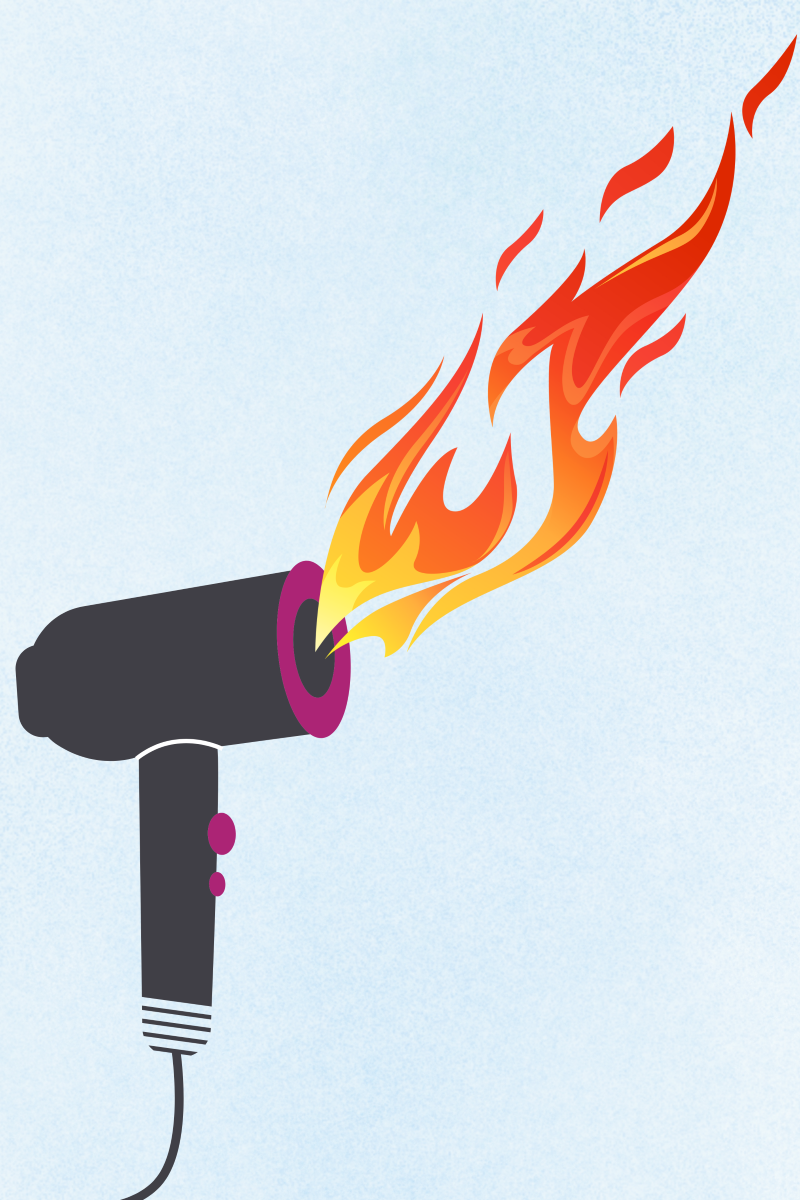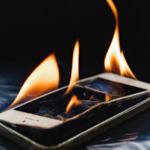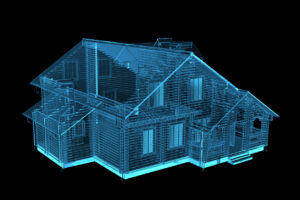This past month alone, the Consumer Product Safety Commission has recalled three hair dryer models due to safety concerns and in violation of federal regulations. In the age of online shopping, “dupes,” or knockoffs of popular products, are becoming increasingly popular.
Different from dupes, counterfeit products copy the brand or trademark of the original product. Meanwhile, dupes can imitate the characteristics of other products but do not copy the brand name, which can make it easier for distributors to pass the initial requirements to sell these products on major online retailers.
While dupes are not inherently illegal, they can possibly face copyright infringement and truth-in-advertising laws. Dupes of consumer electronics, especially appliances like hair dryers, pose real dangers to consumers. While these products can be a more economical option, they can also lead to fires, injuries, and complex liability cases.
Why are Dupes Dangerous?
Hair dryers operate by drawing a large electrical current (measured in amps) to generate heat and airflow. The higher the amps, the more heat is generated in the wires. Hair dryer dupes can draw more amps than advertised due to inefficiency or lack of regulation, which can cause fire hazards such as overheating due to poor internal temperature regulation and electrical shorts from low-grade wiring or lack of grounding. Additionally, flammable casings made from subpar materials and a lack of automatic shut-off in case of malfunction can contribute to the risk of fire.
Third-party agencies such as Underwriters Laboratories (UL) conduct testing to ensure that models from trusted manufacturers meet rigorous safety standards. While hair dryers do not have to undergo UL testing to be legally sold in the US, this testing can ensure that the product has the proper safety standards to prevent consumers from burns and electric shock injuries.
A Forensic Perspective
While hair dryers and other “dupes” may seem like harmless and cost-saving shortcuts, they can lead to serious safety risks. Retailers such as Amazon are banning the word “dupe” as a search term, and platforms such as TikTok have blocked the hashtag “#designerdupe.” Despite this growing awareness, many of these imitation products remain available through major retailers. In fact, approximately 27% of Americans knowingly purchase a “dupe” in 2024.
Product liability cases relating to dupes such as the hair dryers require deep technical expertise combined with an understanding of consumer product regulations and failure mode analysis. At CED Technologies, our engineers can investigate and precisely determine the root causes of the incident.
Our expert’s investigations may include a failure analysis of internal components and electrical system testing to assess overload or short-circuit conditions. Our team of engineers specializing in consumer products can then determine whether a product defect caused the incident, if the product was altered post-manufacture, or if improper usage contributed. These analyses not only help us assign liability but also contribute to broader product safety awareness.
If you are facing a consumer product defect case, contact CED Technologies today!






